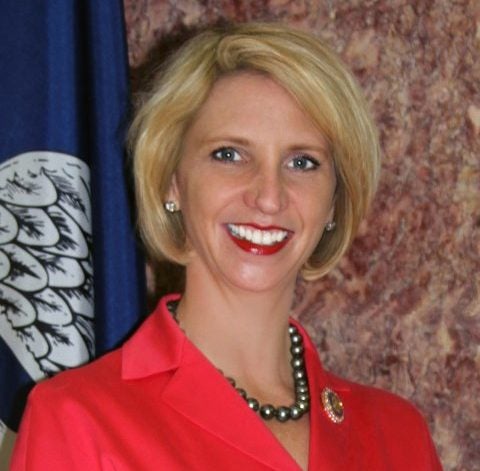Rebekah Gee Named NYTimes’ 5 People Who Spread Hope in 2019

CHIBE congratulates External Advisory Board member Rebekah Gee, MD, MPH, MHSPR, who was named one of five people who spread hope in 2019 by The New York Times.
In addition to being part of CHIBE’s board, Dr. Gee is Secretary of the Louisiana Department of Health and Gratis Assistant Professor, LSU Schools of Public Health & Medicine.
See what The New York Times said about Dr. Gee below:
Five Who Spread Hope in 2019
Dr. Rebekah Gee makes medicines affordable
“Why couldn’t we change health care in this country?”
Louisiana is doing two things no other state is doing about hepatitis C, which kills more Americans than all other infectious diseases combined.
One is that the state is suddenly treating more people.
Hep C is curable — but the drugs are astronomically expensive. Even the cheapest generic version in the United States costs $24,000 for a course of treatment. (In India, the same drug is $550.) Because of the price, state Medicaid programs ration the drugs. In 2018, Louisiana treated 1,200 people.
Contrast that with the period between mid-July of this year and late November, in which Louisiana treated 2,290 people.
Louisiana could do that because of the second innovation: The drugs were made a lot less expensive. In July, the state began buying hep C medicines in a new way. Just as you pay Netflix a flat fee for all you want to watch, Louisiana now pays Asegua Therapeutics $58 million per year for all the hep C medicine the state can use. That still means huge profits for Asegua, since the cost of making each new pill is negligible. If Louisiana meets its goal of treating 10,000 people in its first year of operation, from July 2019 to July 2020, that will cut the price per person to about $6,000.
Dr. Rebekah Gee, Louisiana’s secretary of health, adopted the scheme from Australia, where it has allowed Australia to treat seven times as many patients for the same money. Louisiana is the first state in America to do the same. The State of Washington is about to start as well. Other states are likely to follow.
Everyone talks about bringing down drug prices. But the power of the pharmaceutical industry has staved off reforms — except this one.